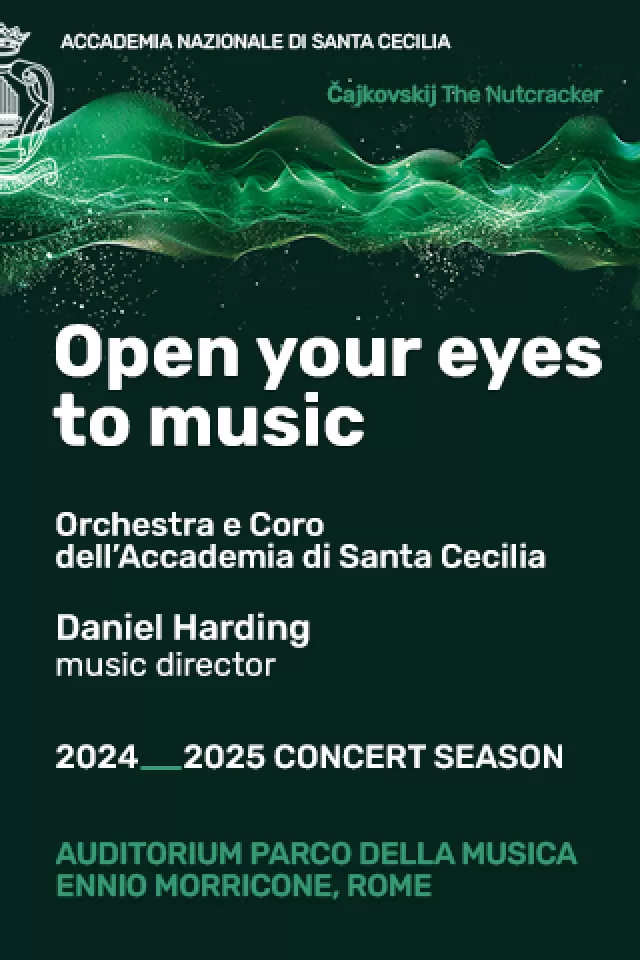The opening of the Holy Jubilee of Mercy went off smoothly but Rome remains on high terrorist alert.
Laura Clarke
When the sun went down on the opening of the Holy Year of Mercy on 8 December organisers and security officials heaved a big sigh of relief. The day that experts said was potentially at greatest risk of a terrorist attack had passed without incident. Tens of thousands of faithful had filed patiently into a heavily guarded St Peter’s square to take part in the inaugural Mass and ritual opening of the Holy Door. Others braved tight security in Piazza di Spagna to see Pope Francis pay homage to the statue of the Immaculate Conception, and then again to accompany him during a moment of private prayer at the basilica of S. Maria Maggiore.
Common sense and the experience of New York, Bali, Madrid, London, Tunis, Sousse and most recently Paris suggested that this was always going to be the case. Terrorist attacks, when they happen, arrive out of the blue, taking everyone by surprise. Ordinary Italians – many of whom have clear memories of the extremist left- and right-wing political terrorism of the 1970s and early 80s – knew it, and security officials knew it too. After the tragic events of Paris interior minister Angelino Alfano took every opportunity to remind Italians that even with effective intelligence and maximum security no country was at “zero risk” of terrorism. And at day’s end on 8 December Rome’s hard-nosed prefect Franco Gabrielli said officials would not be letting their guard down. “Rome will be on highest alert for the entire Holy Year,” he said.
Security had been a major preoccupation for organisers of Pope Francis’ special jubilee even before a group of Islamic State militants killed 130 people in Paris in mid-November, spreading fear and panic across Europe. However, after the Paris attacks existing plans in Italy were ratcheted up. Hundreds of additional police and military personnel were deployed across Rome's centre to protect major institutional, tourist and pilgrim sites, and patrols were also stepped up on public transport and in outlying areas. Hospital emergency departments were put on standby, taxi drivers, public transport workers and civil protection volunteers were offered special training in how to identify and report abnormal behaviour and Gabrielli even invited Romans to report B&Bs operating illegally on grounds their unregistered guests represented a potential weak point.
Following an FBI alert, security in other parts of the country including at Milan’s La Scala opera house and Duomo was also tightened.
The new security measures came amid calls from some quarters for the Jubilee to be called off altogether. “Absolutely not,” the Church and government replied in chorus. "The pope wants the Jubilee to serve for people meeting, to understand and overcome their hate," Vatican Secretary of State Cardinal Pietro Parolin told French Catholic daily La Croix. "In a world lacerated by violence, it's the right time to launch a mercy offensive,” he continued. Parolin also stressed that Pope Francis very much wanted Muslims to be involved.
The pope used an apostolic visit to Central African Republic, a country long racked by sectarian fighting, at the end of November to call for interfaith unity against violence. "Together, let us say no to hatred, revenge and violence, particularly when it is perpetrated in the name of a religion or of God himself," he said at Koundoukou mosque in the capital Bangui.
However, there was no suggestion that Francis might also visit the Great Mosque in Rome (one of only four purpose-built Muslim places of worship in Italy for a community of 1.6 million and allegedly the largest mosque in Europe), alongside his much-trumpeted visit to the Synagogue early in the New Year.
For more from Laura Clarke see her website.


















